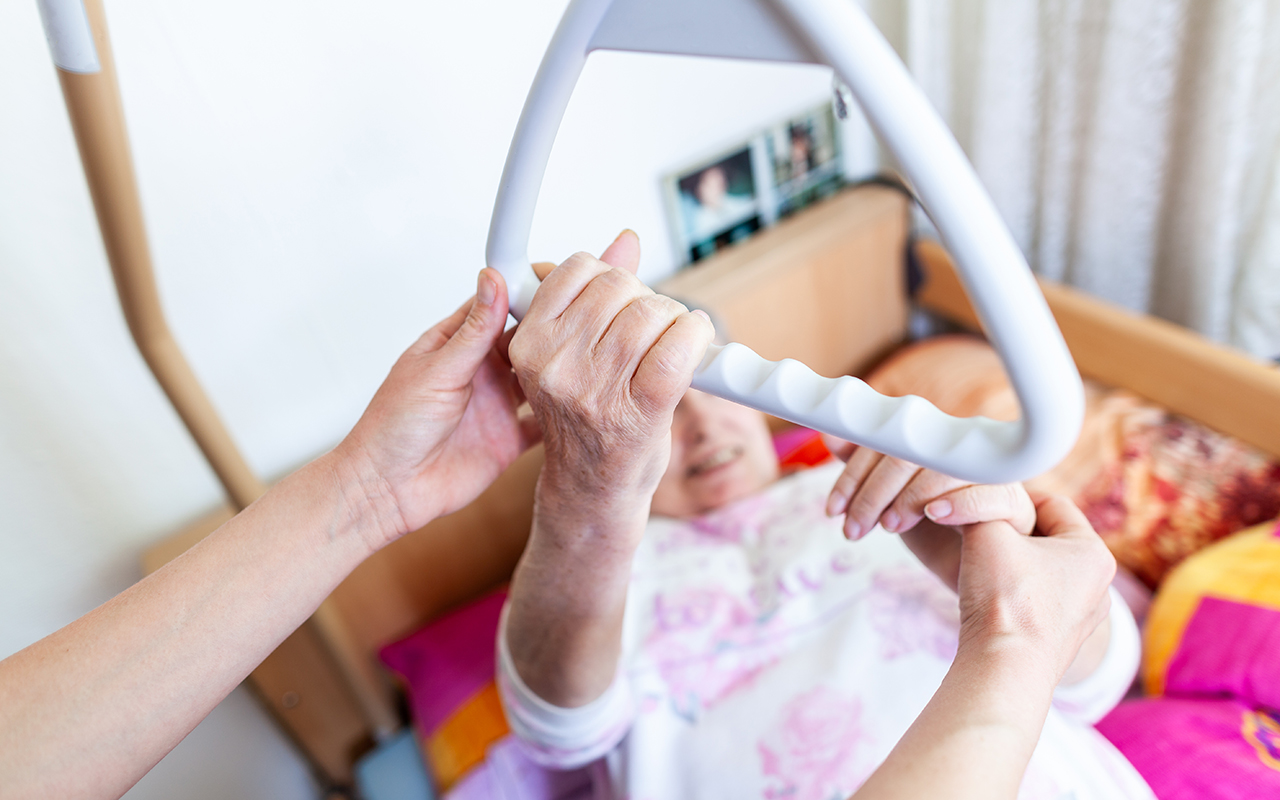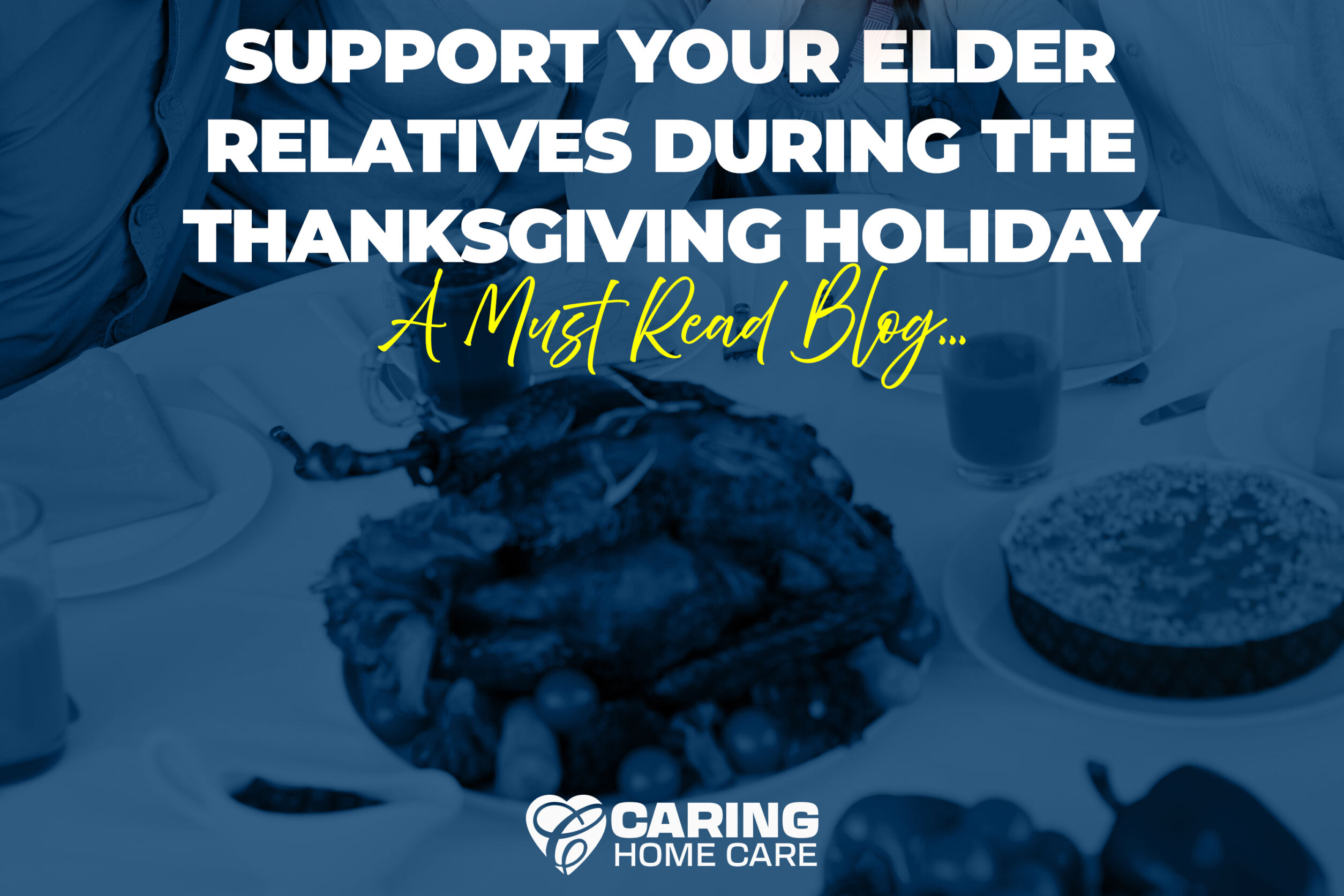Share
As you take care of your loved one as a family caregiver, there may be times you get stressed out and feel overwhelmed. It’s a big responsibility for the health and well-being of your loved one. You have to try and find the balance for your mental and physical health to be a great family caregiver. Check out these tips below to lessen those burdens.
Be Open to a Helping Hand
You are one person and you can’t do everything by yourself even if you do consider yourself superman or supergirl. You should accept help when it’s offered to you. Whether it’s from other family members, your friends, your significant other, or your neighbors, always accept a helping hand. They may want to help you by picking up or taking your loved one to and from a doctor’s appointment. Or helping you with picking up groceries. They may even want to help you with your personal needs such as cutting your grass or picking your children up from school. The saying “it takes a village” is very true.
Setting Goals
It’s important to set realistic goals from the beginning so you can manage your expectations as well as your loved one’s expectations for the care you will be providing for them. Be honest with yourself and them about what you can handle and what you can’t handle, what you can manage and what you can’t manage. Plan on what they absolutely need as far as medical needs, dietary restrictions, exercise, and so forth. Focus on what you’re able to provide to make sure they are happy, comfortable, and healthy.
Healthy Habits
Be sure you’re taking care of yourself mentally and physically. You won’t be able to take care of someone else if you’re not taking care of yourself. Eat well-balanced meals, visit your doctor when needed, get a good amount of exercise every day and a good amount of sleep every night. Make sure you have some me-time whether that be a hobby you enjoy doing or spending time with loved ones whether it’s significant other, family members, and/or friends.
Research & Stay Connected
Remember you’re never alone and someone else may be experiencing the same very things you are experiencing. Try researching about what it is to be a family caregiver, what do family caregivers go through and how to cope with certain stressors if they arise. There are a lot of books and websites about this topic, just like this blog.
If you need proper training on being a family caregiver you should get it. You can also try joining a support group such as Facebook groups for family caregivers or following social media pages that offer tips and advice on how to manage your loved one’s care as you take on that while juggling your personal life.
Caring Home Care provides a wide array of in-home services to help your loved one stay independent or recover at home. Services include but are not limited to personal care assistance, companion services/respite care, live-in caregivers, and regular caregivers.
How Caregivers Can Reduce Injury While Assisting Seniors Providing daily care for seniors is meaningful work. It can also be physically demanding. Many caregiver injuries happen during lifting, transferring, or repositioning seniors. These injuries are often preventable when proper techniques are used. Learning caregiver injury prevention strategies protects both the caregiver and the senior. It
Why Professional Home Care Is Safer Than Family Only Care Caring for an aging loved one is deeply personal. Many families step in with the best intentions. However, as care needs increase, family only caregiving can become overwhelming and risky. This is where professional home care plays a critical role. Professional caregivers are trained, experienced,
Connecting During the Thanksgiving Holiday: How to Support Your Elder Relatives The Thanksgiving holiday is a time filled with warmth, gratitude, and meaningful family traditions. However, for many older adults, it can also be a period of loneliness or emotional distance. This is especially true for seniors who live alone, have limited mobility, or are
Transition to In-Home Care: Helping Seniors Adjust Comfortably to Elderly Care Services Understanding the In-Home Care Transition The decision to begin in-home care is a big step for both seniors and their families. It often marks the start of a new chapter—one focused on safety, comfort, and support. However, the in-home care transition can bring
Need A Caregiver? Fill Out Form Below
With our competitive rates, we make receiving in-home care affordable regardless of whether you’re using your insurance or paying out of pocket.







